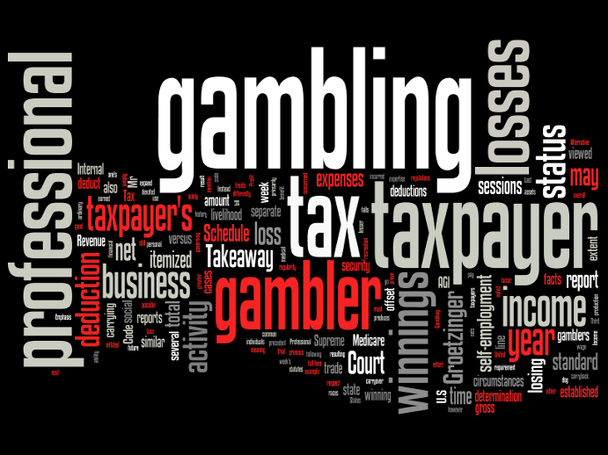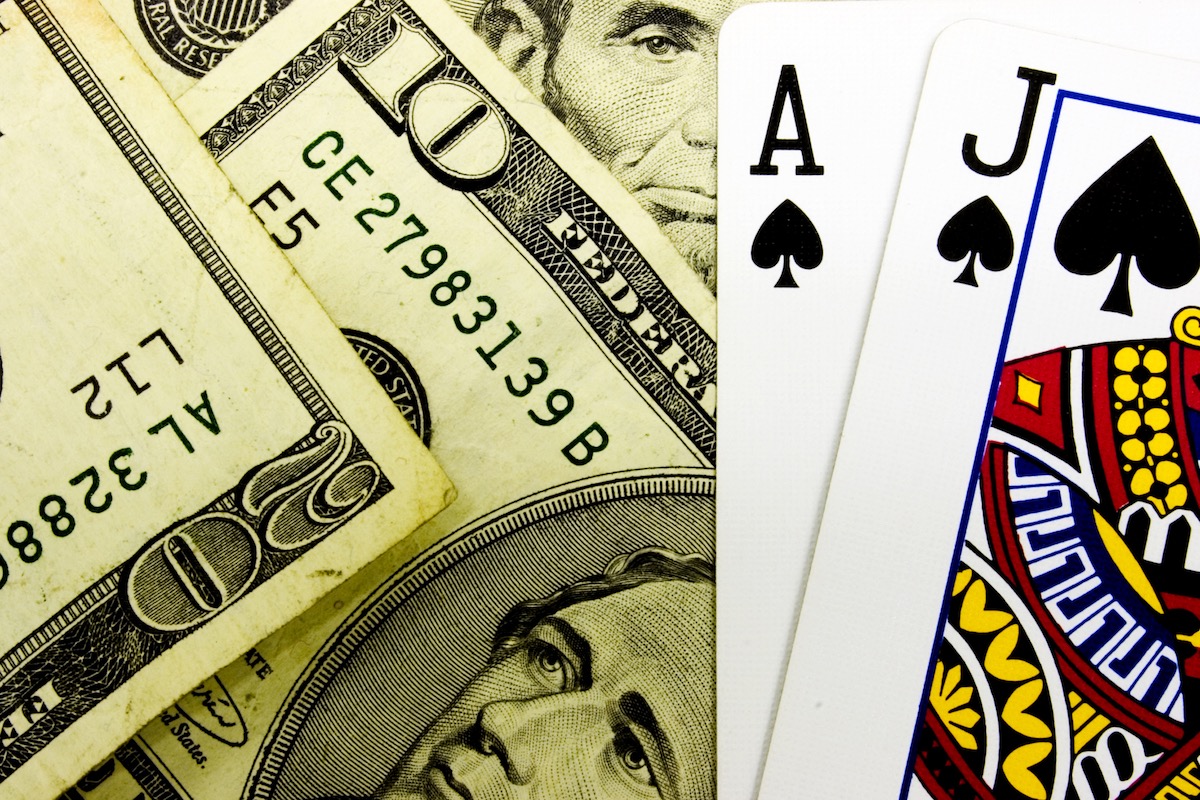Reporting Gambling Sessions
If you like to gamble, whether periodically just for fun or regularly as a way to supplement your income, you’ll want to know that there are different guidelines for amateurs and professionals. In addition, the IRS has issued updated guidelines pertaining to gambling winnings.
A basic definition of a gambling session for a gambler tax payer is a period of continuous play without cashing out. However, a session cannot last more than one day. Gambler Tax Proof of Winnings and Losses. All gamblers, both professional and casual, need to keep appropriate records to document their wins and losses from gambling sessions.
- The IRS has issued instructions that “lumping” is unacceptable. “Lumping” is the practice of reporting one net win figure and no losses, or reporting nothing if your net from gambling is a loss. You must report the total of your winning sessions separately from.
- Michigan now allows “session method” previously only for pros. In 2016, Michigan issued a Revenue Administration Bulletin that specifically lays out what the state will allow when it comes to reporting gambling income and losses. Beginning in January 2016, Michigan now recognizes the “session method” of reporting your gambling income.
- A lot of people assume gambling is a private affair. However, if you have gambled recently, you will likely have to report this activity when you file your annual tax return (s). This is because gambling losses and wins do count as income and expenditures, both of which the Internal Revenue Service (IRS) is interested in.
- Keeping Records by Gambling Session. Until recently, the IRS claimed that an amateur gambler must report the full amount of winnings from each roll of the dice and every spin of the slot machine from casino euro on page one of Form 1040. This results in higher adjusted gross income (AGI) than just reporting net winnings from each gambling session.
If you are an amateur gambler who only gambles periodically and you end up losing more money than you win, you do not get that extra amount back on your taxes. You are only allowed to deduct your gambling losses up to the amount that you won during the tax year. If your losses exceed your winnings, you can claim the extra amount as an itemized deduction on Schedule A of your 1040, but only if you itemize. If, however, you win more than you lose, you cannot simply subtract your losses from your winnings and report that number as your net gambling income. You must itemize, reporting all of your winnings as miscellaneous income on Form 1040 and your losses on Schedule A of Form 1040. If you win more than $600 at a gambling location, they should issue you a Form W-2G, which will also be sent to the IRS. Be sure that the amount on your W-2G matches the amount you list on your 1040.
Here’s where the new guidelines come in. The rule used to be that an amateur gambler had to report the amount of every single win, despite the fact that most people will probably only record their daily winnings and losses. Now the IRS allows gamblers to record net winnings and losses per gambling session. A casual gambler can then report the sum of all net winnings from those sessions on Form 1040.
If you are a professional gambler who spends a significant portion of time gambling and you depend on your winnings as a source of income, you must keep extremely detailed records of your wins and losses. Rather than listing winnings and losses as itemized deductions on Schedule A, you will need to report them as business income and expenses on Schedule C. By treating these numbers as business expenses, you will be able to deduct your losses from your winnings. However, professional gamblers who use Schedule C will be required to pay Self-Employment tax on their net “business” income.
Professional gamblers, unlike amateurs, are allowed to deduct transportation, lodging, and food expenses by using the normal rules for business expenses, which we discussed previously. These numbers are considered completely separate from gambling winnings or losses. Just as with amateur gamblers, though, a professional gamblers losses cannot exceed his winnings when tax time arrives.
Whether you are an amateur or professional, you will want to record the following details for every gambling session:
- The date
- The gambling facility address and phone number
- The type of gambling or wagering activity
- The total amount won OR the total amount lost
- The names or other people present, if you are with people you know
In addition, be sure to retain copies of any receipts or statements issued to you by the gambling facility. Detailed and accurate record-keeping is essential!
By Sally P. Schreiber, J.D.

Reporting Gambling Sessions Meaning
Notice 2015-21 contains a proposed revenue procedure that would permit gamblers engaging in electronically tracked slot machine play an optional safe harbor method to determine a wagering gain or loss from their slot machine play based on day-long play sessions.
Under the safe-harbor, a taxpayer would recognize a wagering gain if, at the end of a single session of play, the taxpayer’s total gains exceeded his or her losses and would recognize a loss if, at the end the session, the total amount of wagers exceeds the amount of payouts. A session would be treated as beginning when a gambler places the first wager on a particular type of game and ending when the same gambler completes his or her last wager on the same type of game before the end of the same calendar day, i.e., beginning on or after 12:00 a.m. and ending at 11:59 p.m.
A gambler using the safe harbor would be required to use the same session of play if he or she stops and resumes the same game in the same establishment during the same calendar day. Also, gamblers cannot offset gains and losses from separate sessions. Once a gambler goes to another gaming establishment, a new session would begin, even if it is on the same calendar day.
Under current IRS rules (Chief Counsel Advice Memorandum AM 2008-011), gamblers are allowed to calculate gambling gains and losses when they cash out of a single gambling session—in the words of the memo, “at the end of slot machine play.” However, determining what constitutes a single session has been difficult, especially with the advent of electronically tracked slot machines, which have led to less redemption of tokens by players.

The safe harbor will not be available until it is published as a final revenue procedure, after which it would apply to tax years ending on or after that date. A provision permitting taxpayers to claim this treatment on their tax returns by providing a note that the return is filed using these procedures will not apply until tax years beginning on or after Jan. 1, 2016.


Before it issues the final rules, the IRS is asking for comments. Specifically, taxpayers should comment on:
Reporting Gambling Sessions Rules
- Alternative definitions for the term “slot machine”;
- Whether an interruption in play should result in more than a single session;
- Whether a session should be based on a period other than a calendar day;
- Whether the definition of a single session should be determined by other factors;
- Whether the safe harbor should include merchandise and bonus reward payouts;
- Whether the issue should be part of the IRS’s Industry Issue Resolution program;
- Whether a safe-harbor method should be developed for other forms of gambling; and
- Whether the proposed safe harbor poses problems in administration for stakeholders.
Reporting Gambling Sessions 2020
—Sally P. Schreiber is a JofA senior editor.